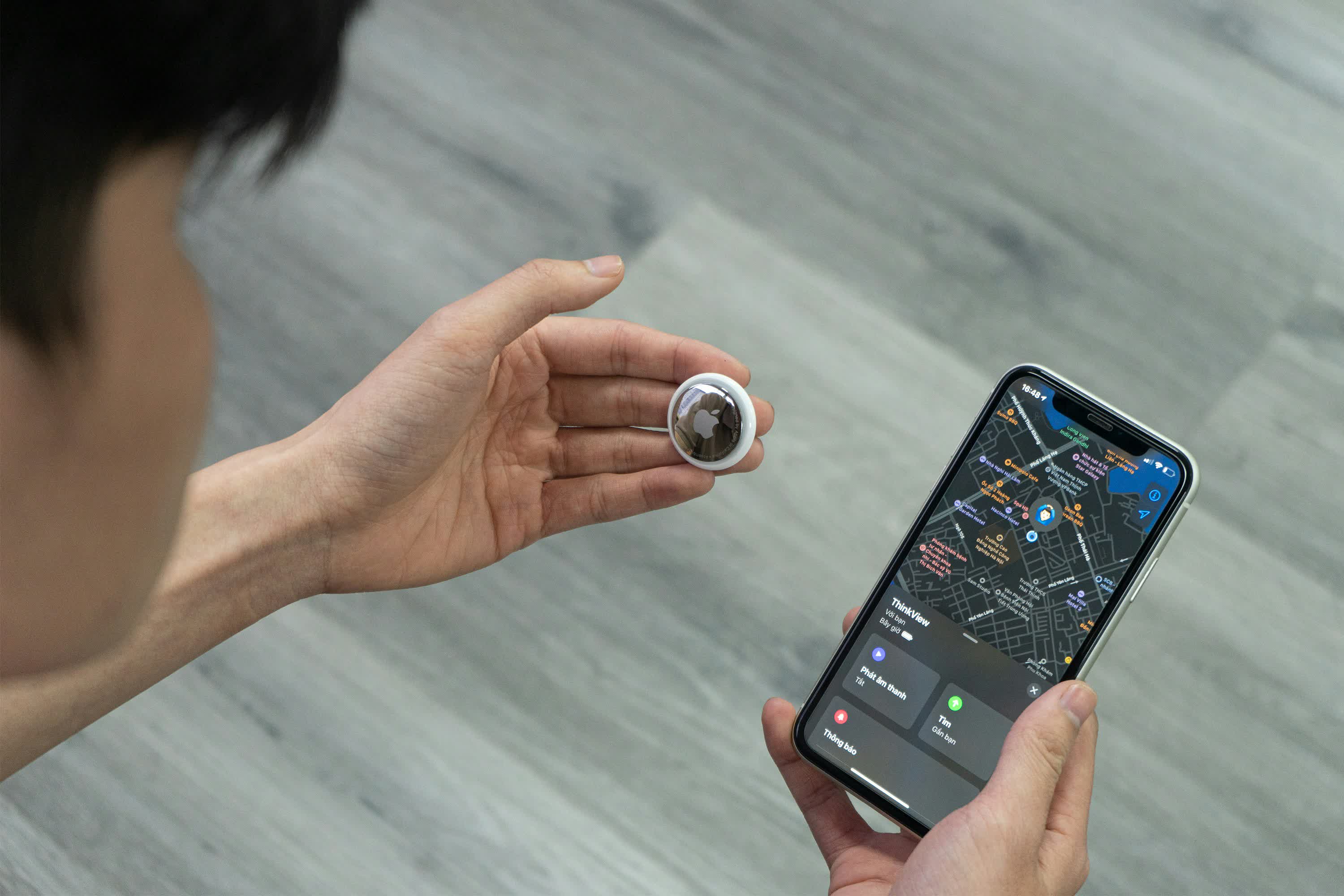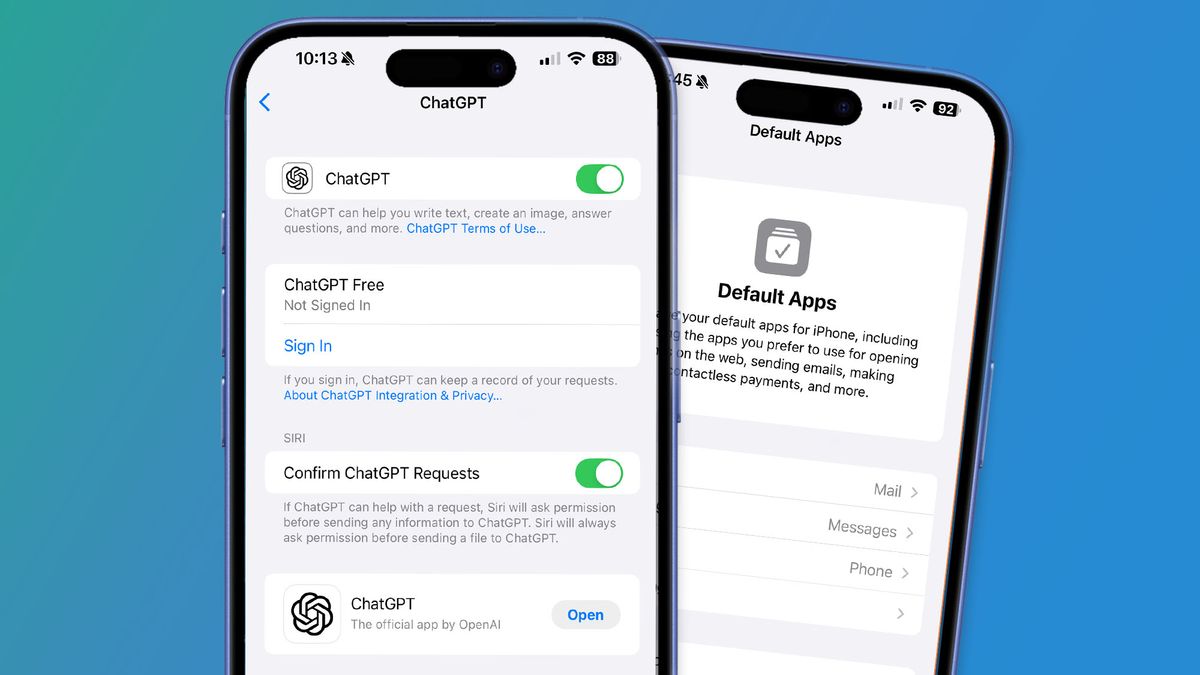Serving tech enthusiasts for over 25 years.
TechSpot means tech analysis and advice you can trust.
A hot potato: Apple AirTags have been used in many search-and-find ventures over the past few years, but Cupertino likely never envisioned its device being used to track trash. But that is precisely what happened in Houston recently, which subsequently revealed the truth about a local recycling initiative.
Houston resident Brandy Deason had grown skeptical of the city's new "chemical recycling" initiative, which claimed to accept all types of plastic, including traditionally hard-to-recycle items like Styrofoam. To satisfy her curiosity, she decided to track her recycled plastic using an Apple AirTag. What she discovered has raised serious questions about the program.
Instead of being transported to a state-of-the-art recycling facility, nearly every tracker bag ended up at Wright Waste Management, located 20 miles northwest of downtown Houston. Drone footage from CBS News, which launched an investigation into the matter, revealed towering piles of unprocessed plastic waste at the site.
This was not supposed to happen. In 2022, the city launched an ambitious recycling program called the Houston Recycling Collaboration (HRC), a partnership with ExxonMobil and other entities. The goal was to set a national standard for advanced plastic recycling.
However, the reality on the ground appears quite different. Further investigation revealed that the Wright facility had failed three fire safety inspections. Despite these issues, the city has continued to send recyclables to the site.

The situation is further complicated because Cyclix International, one of the partners in the HRC, has not yet opened the sorting facility it promised. This delay has led to the accumulation of approximately 250 tons of plastic.
Environmental advocates like Deason argue that even if the process eventually becomes operational, it should not be considered proper recycling, as it involves converting much of the plastic into fuel.
The investigation has sparked a broader debate about plastic recycling programs, with many environmental activists arguing that such initiatives often serve more as public relations exercises than genuine solutions to the plastic waste crisis.
They also point out that these processes contribute to air pollution and global warming, and that the EPA does not consider converting waste to fuels or energy as recycling.
Meanwhile, Houston residents are left to wonder about the fate of their carefully sorted recyclables – a question that has been opened only through one resident's innovative use of an AirTag. It is not the first time someone with questions has seized matters in their own hands using the technology and it likely won't be the last.






:quality(85):upscale()/2024/10/22/890/n/1922564/30e6edcf6718096d325a29.80808986_.png)


 English (US) ·
English (US) ·